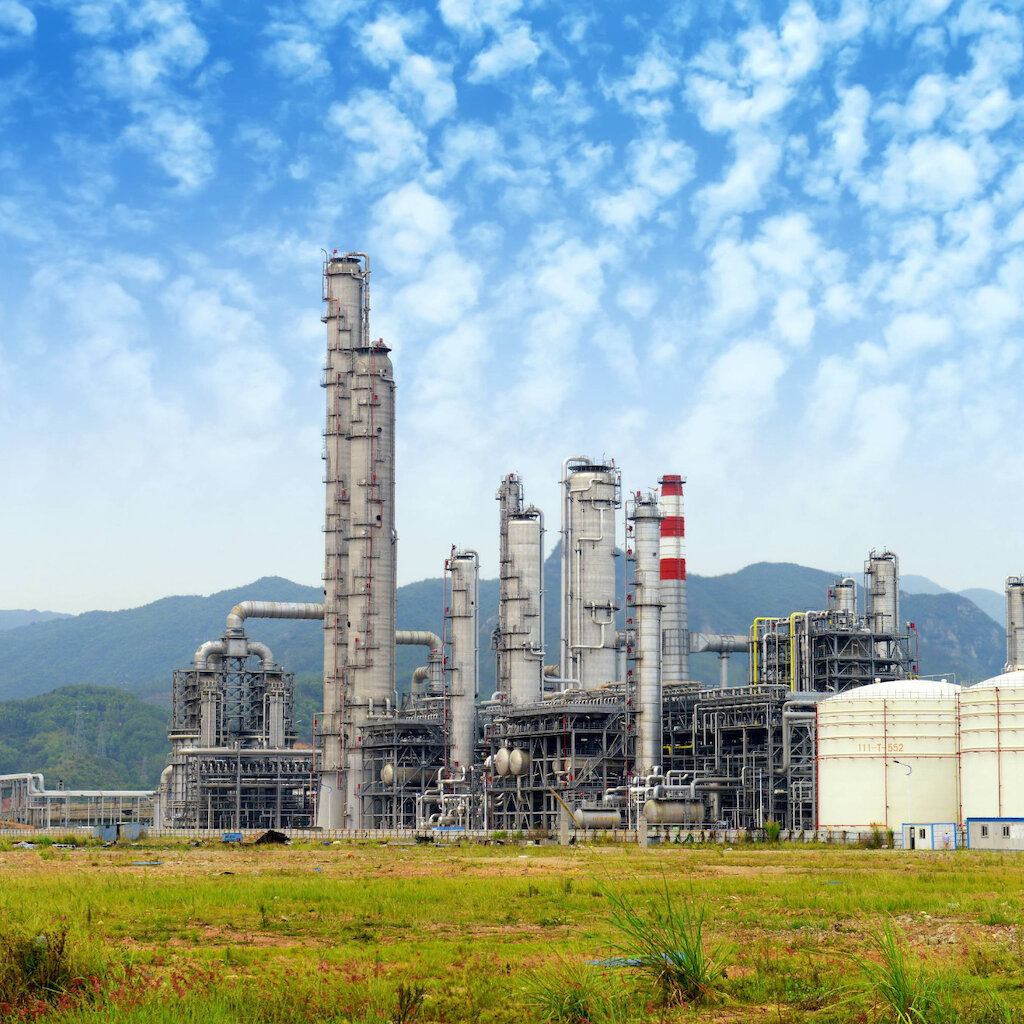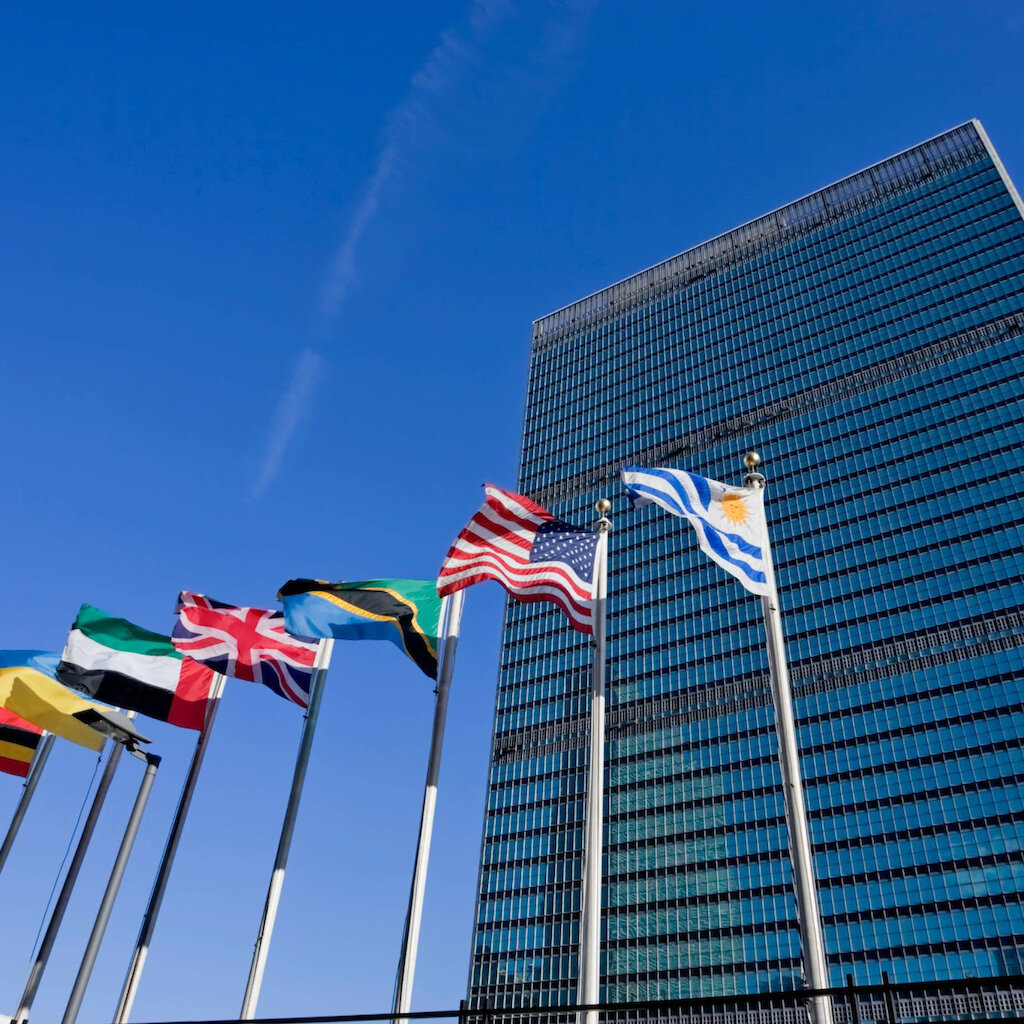Ipieca works with its members to provide a forum to share and develop industry good practice on downstream environmental issues and the promotion of technological and management solutions to reduce greenhouse gases (GHGs) across the production, refining and transportation of oil and gas.
Phasing out leaded gasoline
Since the 1970s, successive governments and regions, including the European Union, have banned gasoline containing lead additives.
Ipieca is a founding member of the United Nations Environment Programme's (UNEP) Partnership for Clean Fuels and Vehicles (PCFV), which focuses on air quality improvements through improved vehicle emissions standards and associated lower-sulphur fuels. Working in partnership with UNEP PCFV, Ipieca assisted the oil and gas industry in implementing downstream strategies and resources for phasing out leaded gasoline, including developing an extensive guide to the issue, Getting the lead out: downstream strategies and resources for phasing out leaded gasoline. Working with over 70 different organizations for well over a decade, this powerful collaboration eliminated leaded petrol use from 82 countries, with the final phase-out in the last remaining country occurring in mid-2021.
Sulphur
Unlike lead, sulphur is naturally present in crude oil. To create lower-sulphur fuels, the sulphur must be removed via desulphurization processes at the refineries, which often pose financial and logistical challenges, especially in developing countries. To assist countries in addressing these challenges, Ipieca developed the guidance document Lower-sulphur fuels, road transport strategies and air quality improvements, which considers the issues linked to the reduction of sulphur levels in transportation fuels, and discusses appropriate strategies and options to address these issues.
Following the global elimination of leaded petrol in 2021, the PCFV’s focus is now on the reduction of sulphur in petrol and diesel fuel in the Global South through the adoption of the Euro 4 vehicle emissions standards. Ipieca has been asked by the PCFV to actively support its Euro 4 campaign, coordinating the downstream industry’s contribution to the PCFV’s Euro 4 campaign objectives.
Marine fuels
Air pollution from ships causes a cumulative effect that contributes to the overall air quality. Better fuels can reduce emissions and improve air quality.
The International Maritime Organization (IMO) regulates shipping on behalf of the United Nations. Their responsibility covers emissions from shipping. Ipieca helps the International Maritime Organization (IMO) to assess the science surrounding proposed changes to the marine fuels regime. It also identifies ways to make cleaner marine fuels more readily available to ship owners around the world.
In 2005, a new IMO regulation (MARPOL Annex VI, Regulation 14) limited the amount of sulphur permitted in shipping fuel and this limit has been progressively reduced: the limits applicable in Emission Control Areas (ECAs) were reduced to 0.10%, from 1 January 2015, and under the revised MARPOL Annex VI, the global sulphur cap was reduced from 3.50% to 0.50%, effective from 1 January 2020. In 2019, Ipieca, in collaboration with the IMO and the international shipping community, published a Joint Industry Guidance on the supply and use of 0.50%-sulphur marine fuel, presenting the specific safety and operational issues relating to the supply and use of max. 0.50%-sulphur fuels, an overview of fuel quality principles, and the controls that should be put in place to ensure that safety issues are identified, prevented and/or mitigated.
In 2023, the IMO published its revised greenhouse (GHG) strategy which includes an enhanced ambition to reach net-zero GHG emissions from international shipping close to 2050. Ipieca delegates participated in discussions around the revision of the strategy and submitted industry technical feedback on draft versions of the strategy. Ipieca will continue to support the IMO’s work to decarbonise the maritime industry, providing technical expertise and industry guidance.
Aviation fuels
In the aviation sector, deep GHG emissions reduction will require alternative fuels, with the most promising in the near-term being sustainable aviation fuels such as biomass-derived jet fuels - provided these can be developed sustainably - and synthetic fuels.
Ipieca members are leading the development of sustainable and lower-carbon aviation fuels, producing these fuels in their own refineries and working in joint ventures to build new sustainable aviation fuel plants.
The UN specialized agency for aviation, the International Civil Aviation Organization (ICAO) recognizes sustainable and lower-carbon aviation fuels as important GHG mitigation measures for the sector, and have included them as eligible fuels for the Carbon Offsetting Reduction Scheme for International Aviation (CORSIA) programme. Ipieca has observer status with the ICAO. Ipieca’s role is to provide the ICAO with technical inputs on life cycle analysis of aviation fuels, including their processing, as well as analysing other sustainability criteria, including human rights, biodiversity, resources availability and supply chain issues related to their development.







